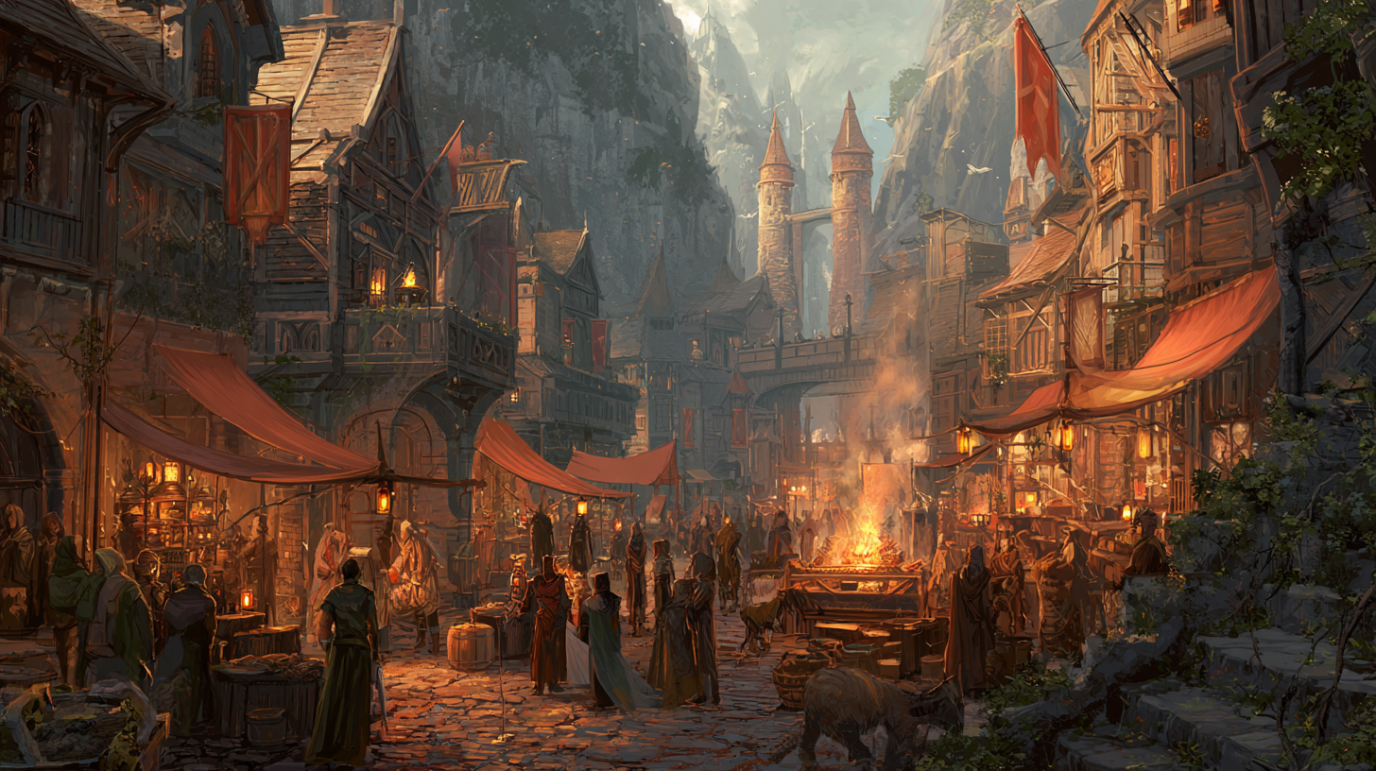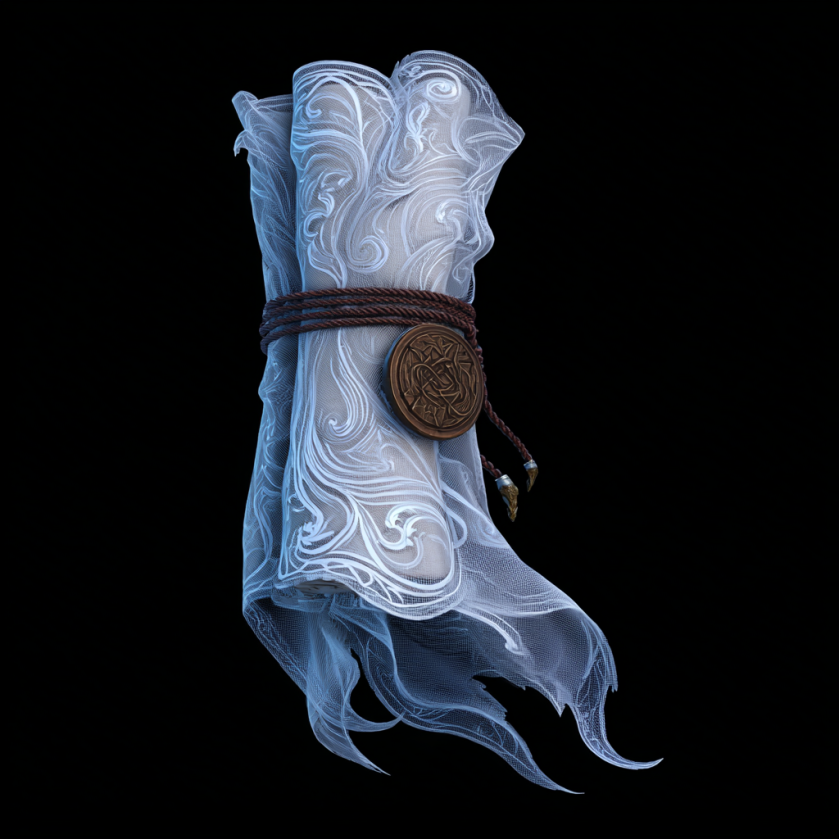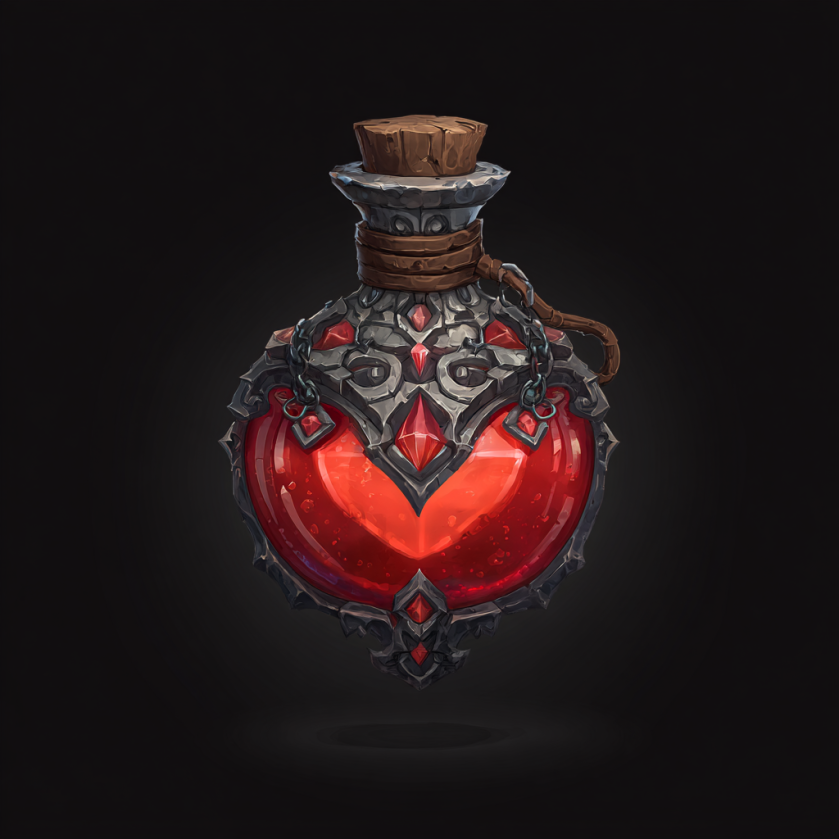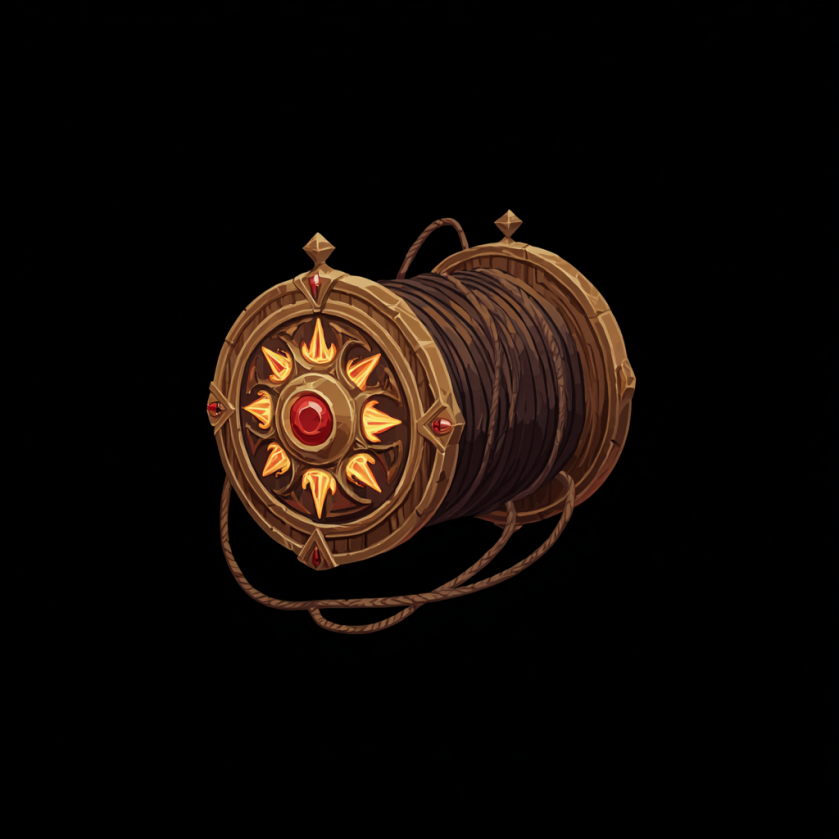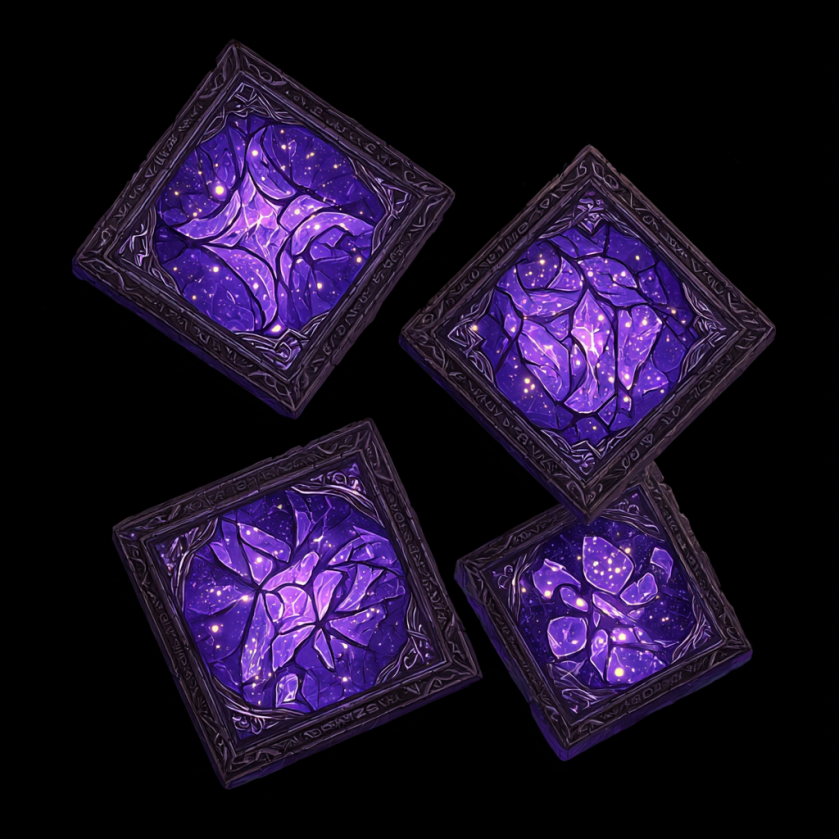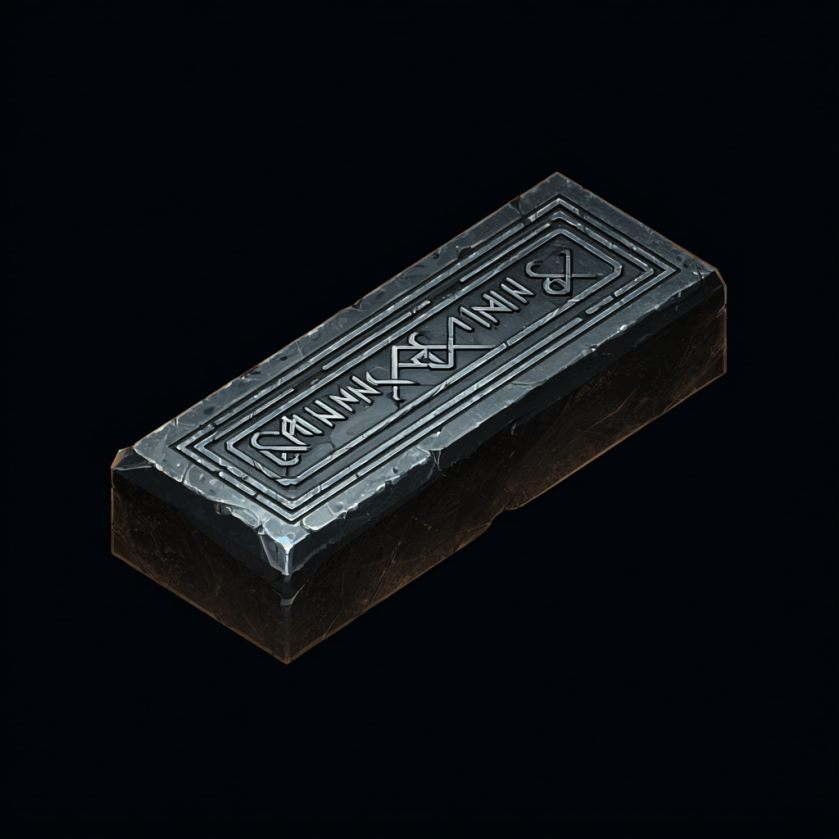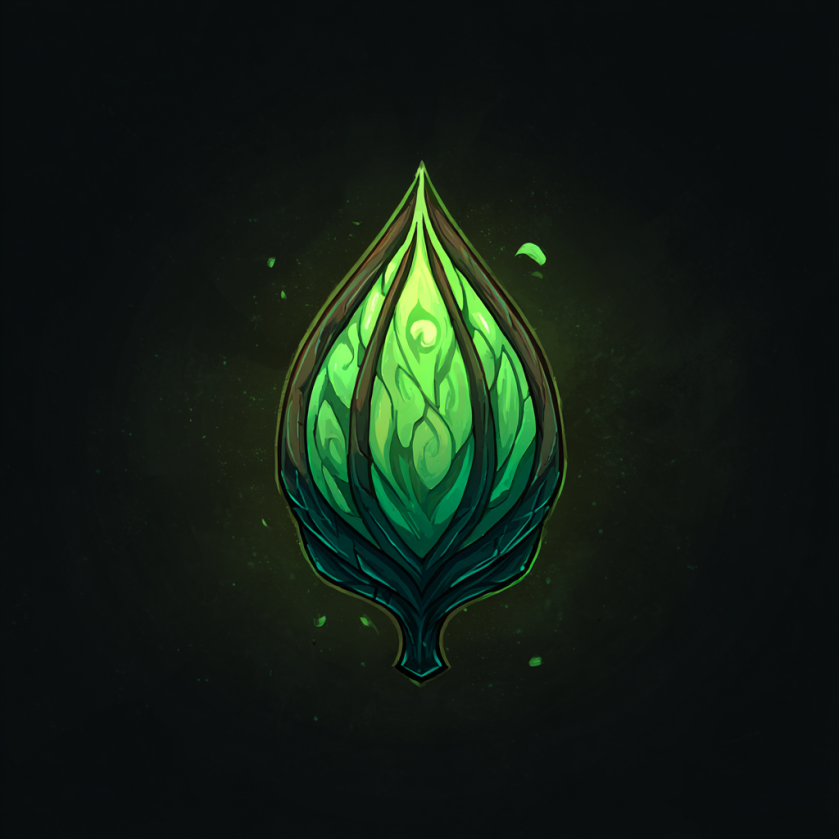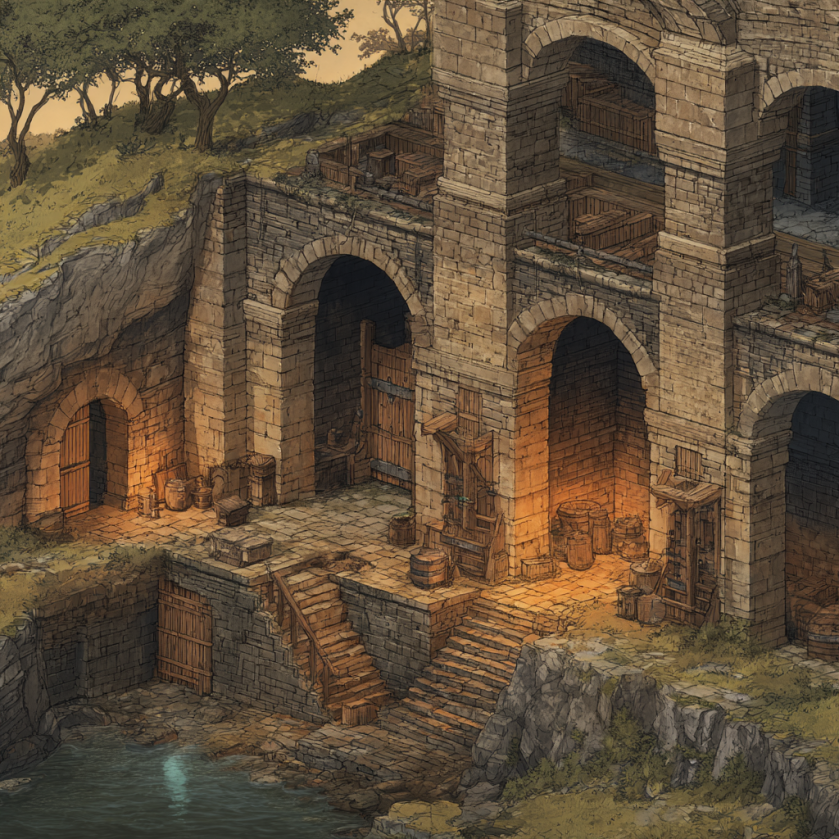Trade and Economics
The five major cities survived the Tyrangor War by specializing in what they do best and trading for everything else. This interdependence keeps The Crescent functioning—and makes every disruption dangerous.
City Specializations
Cairune
Skyship Hub
Cairune's Cloudweave fabric dominates luxury markets across The Crescent. The shimmering cloth requires wisps that only form at altitude, making it impossible to produce elsewhere. A single bolt sells for months of wages, and demand far exceeds what their weavers can produce.
The city's airship fleet provides the only reliable aerial transport in the region. Cairune charges premium rates because no other settlement has mastered keeping cargo ships aloft. When spring storms ground the fleet, overland routes struggle to handle the overflow.
Imports: Food from San-Sil and Selvainnar feeds the floating city and its ground-level refugee camps. Raw materials come from across the region—timber from The March, metals from Bhel Kurzum, magical components from Illyndra.
Illyndra
Magical Services
Illyndra processes Quelenthalar's Living Seeds into healing potions that remain stable for months rather than spoiling within days. The technique requires precise timing, specific water sources, and carefully controlled magical enhancement. Other cities have emergency brewers trained in basic methods, but Illyndra's alchemists produce the potions that actually save lives.
Sunthread spinning requires both magical talent and months of specialized training. The shortage of experienced thread-spinners creates constant bottlenecks in textile production. When master spinners died in a workshop fire, Cairune's orders backed up for nearly a year. Dozens of weavers faced eviction when their contracted work vanished overnight, their specialized skills suddenly worthless without thread to spin.
Imports: Food, timber, manufactured goods, and basic supplies. Scholars don't farm or operate conventional workshops, so the city trades magical services for everyday necessities.
Ecleptara
Navigation and Mediation
Ecleptara's Astral Glass lenses capture starlight for navigation purposes, essential for skyship routes that shifted after the war. Without proper stellar guidance, aerial cargo gets lost in cloud banks or crashes into mountainsides.
The city's star-readers maintain navigation charts with obsessive precision while carefully controlling access to their knowledge. Their neutrality makes them indispensable mediators when other cities reach diplomatic impasses.
Imports: Food, manufactured goods, raw materials. The small population imports most of what they need while selling expensive expertise and diplomatic services.
Bhel Kurzum
Essential Metalwork
Runic Steel forged in Bhel Kurzum's volcanic forges doesn't crack under deep magic or corrode when exposed to supernatural threats. Every bridge, skyship anchor, and critical infrastructure component across The Crescent depends on their metalwork.
Traditional dwarven smiths work alongside duergar innovators who enhance metal through magical techniques. This creates internal tension over methods, but both approaches produce superior results that command premium prices.
Imports: Food hauled up treacherous mountain paths, raw ore from March mining settlements, timber from Mirindor Forest.
Quelenthalar
Healing Bottleneck
Living Seeds grow only in soil enriched by the Thorn Wall's root system, making Quelenthalar the sole source for healing ingredients. Every medical treatment across The Crescent ultimately depends on their harvest yields.
The city welcomes refugees, political exiles, and skilled outcasts who provide essential labor while established residents focus on seed cultivation and wall maintenance. This arrangement strains resources but supplies workforce needs.
Imports: Manufactured goods, metal tools, specialized equipment their refugees need for various trades. The city grows food and medicine but lacks workshops for complex manufacturing.
Trade Dependencies
The textile chain illustrates how specialized production creates regional vulnerability. Quelenthalar grows fiber, Illyndra spins it into Sunthread, and Cairune weaves the final Cloudweave. Labor shortages or material problems at any stage disrupt luxury textile trade across the entire network. When any link breaks, entire families lose their means of survival. The seed farmer whose children won't eat if the spinner falls ill, the weaver whose house depends on the grower's harvest.
Infrastructure maintenance requires both Bhel Kurzum's forged components and Illyndra's magical enhancement. Neither city can maintain The Crescent's critical systems alone, forcing cooperation between communities that often disagree on political matters.
When Quelenthalar's harvest failed three years ago due to early frost, healing potion shortages created medical emergencies throughout the region. Illyndra's attempts to develop alternatives using different ingredients proved ineffective and sometimes dangerous.
